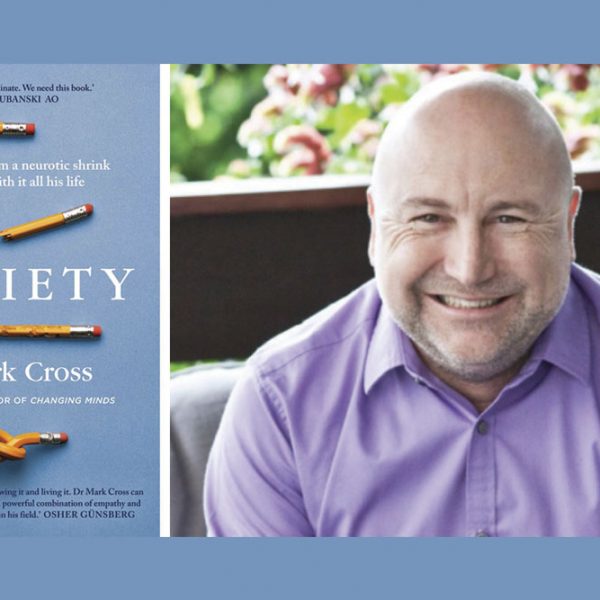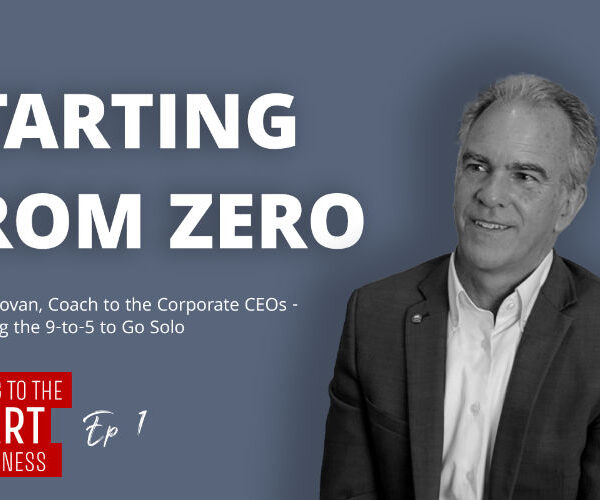Team Planning, Team Learning & Creating a High Performing Team
Many of us aspire to manage teams that are truly high performing, but does that mean we should know about team planning and the even more esoteric topic of team learning? As a context setter to that discussion, here are a few quick words on team planning…
While the place for team planning has been established for some years now, more traditional approaches have the planning role executed by the team’s manager, where she or he maps the direction for their team, perhaps with their boss. In recent years, however, a growing number of managers are involving their teams in creating plans for the team. And when I say planning, I don’t just mean the ‘how’ we are going to get there. I mean the bigger questions including ‘what are our most important goals or priorities?’ (Obviously considered in the context of the larger organisation strategy). These managers are doing this for three main reasons; because they understand that the collective intelligence of the team exceeds their own, that involvement results in engagement, and finally because it’s simply the right thing to do if you want a fair and just world. In short, it’s part of creating a healthy, high performing team.
And when I say planning, I don’t just mean the ‘how’ we are going to get there. I mean the bigger questions including ‘what are our most important goals or priorities?’
As an aside, approaching the team-planning task requires new skills from managers, since the traditional approach rarely required the role of a facilitator from them. Indeed a good portion of my own work now consists of training managers to facilitate the necessary collective conversations to achieve genuine group planning.
But what about team learning? To many of us, team learning might sound somewhat interesting, but at the same time overly theoretical and remote. Team learning is in-fact central to the sustainable functioning of a high performing team and is probably happening more than you think in your own team. Every time your team creates a new form, generates a new process, or refines a service they offer, team learning is probably happening. These are the ‘artifacts’ of team learning, and they help shape a new practice of some kind. A new practice being integrated by the team is the ultimate evidence of team learning. Therefore I wonder; what new practices has your team integrated recently?
A new practice being integrated by the team is the ultimate evidence of team learning.
The means by which that learning has happened is almost certainly a new dialogue; a new collective conversation where points of view have been exchanged and new understanding has resulted. There is no question that in a business context, a quality dialogue is the channel through which learning flows. That learning usually produces artifacts, and is always evidenced by new practice. In a changing world, new practices are plainly required of a high performing team.
And now to the relationship between the team planning and team learning. Here is a starting presupposition; if the process of team planning does not support dialogue where new meaning emerges, poor planning will result. That is, team dialogue enabling a depth of collective reflection is essential for effective team planning, and ultimately a high performing team. Experience tells me that the number one reason most planning sessions do not result in a changed practice and a higher performing team is that they do not allow for sufficient depth of reflection. It is therefore very important that somewhere in the process of a team generating its broad goals or priorities, a new conversation happens; a conversation where the existing reality is freshly interrogated and a new future is envisaged. Therefore, team leaders must listen for, and facilitate conversations where polarized views are heard, new interpretations are expressed, new meanings emerge and new possibilities appear.
The number one reasons most planning sessions do not result in a changed practice and a higher performing team is that they do not allow for sufficient depth of reflection.
Here is one straightforward way to help learning happen while your team explores together their existing reality. (In the planning sessions we facilitate, this is done before a group visioning exercise). It is adapted from Michael Wilkinson’s latest book The Executive Guide to Facilitating Strategy, 2011. Begin by inviting your team to reflect on the emerging trends in their environment that may have some bearing on the team and their business. List those trends. Discuss only as is required to create shared understanding of the proposed trend. Then, as a group, select the most important 2 or 3. For each of those important trends, translate each into a simple positioning statement; “We believe…..(trend). Therefore, we must…(positioning)”. The positioning statement describes how your team must position itself to best co-operate or capitalise with the emerging trend. Here is an important tip; as your team works to create these statements, listen for new insight and make space for it by slowing the conversational pace. This can be achieved by reflectively listening to various comments, especially the tentative, uncertain ones.
Know that as you support your team to have this kind of conversation, you are facilitating the kind of dialogue that pre-empts change in practice. Where you have this new meaning making dialogue, and a changed practice, you have a team that is learning together and becoming higher performing!



